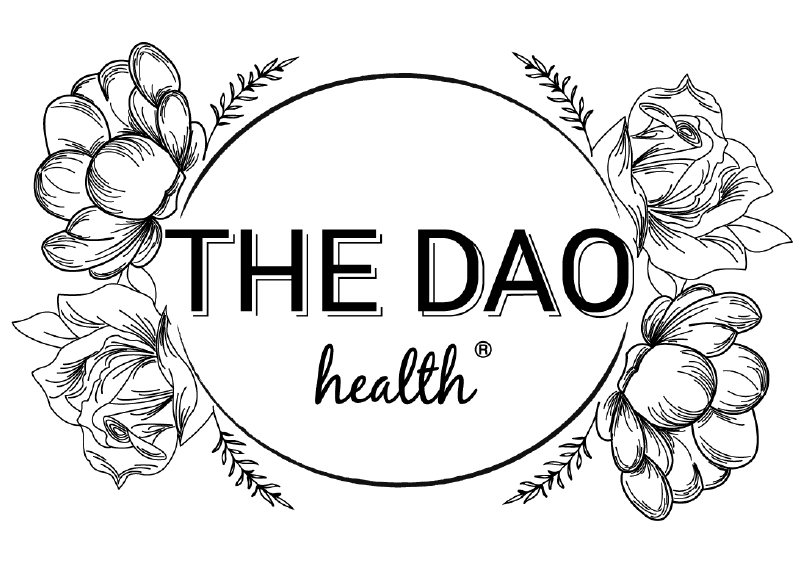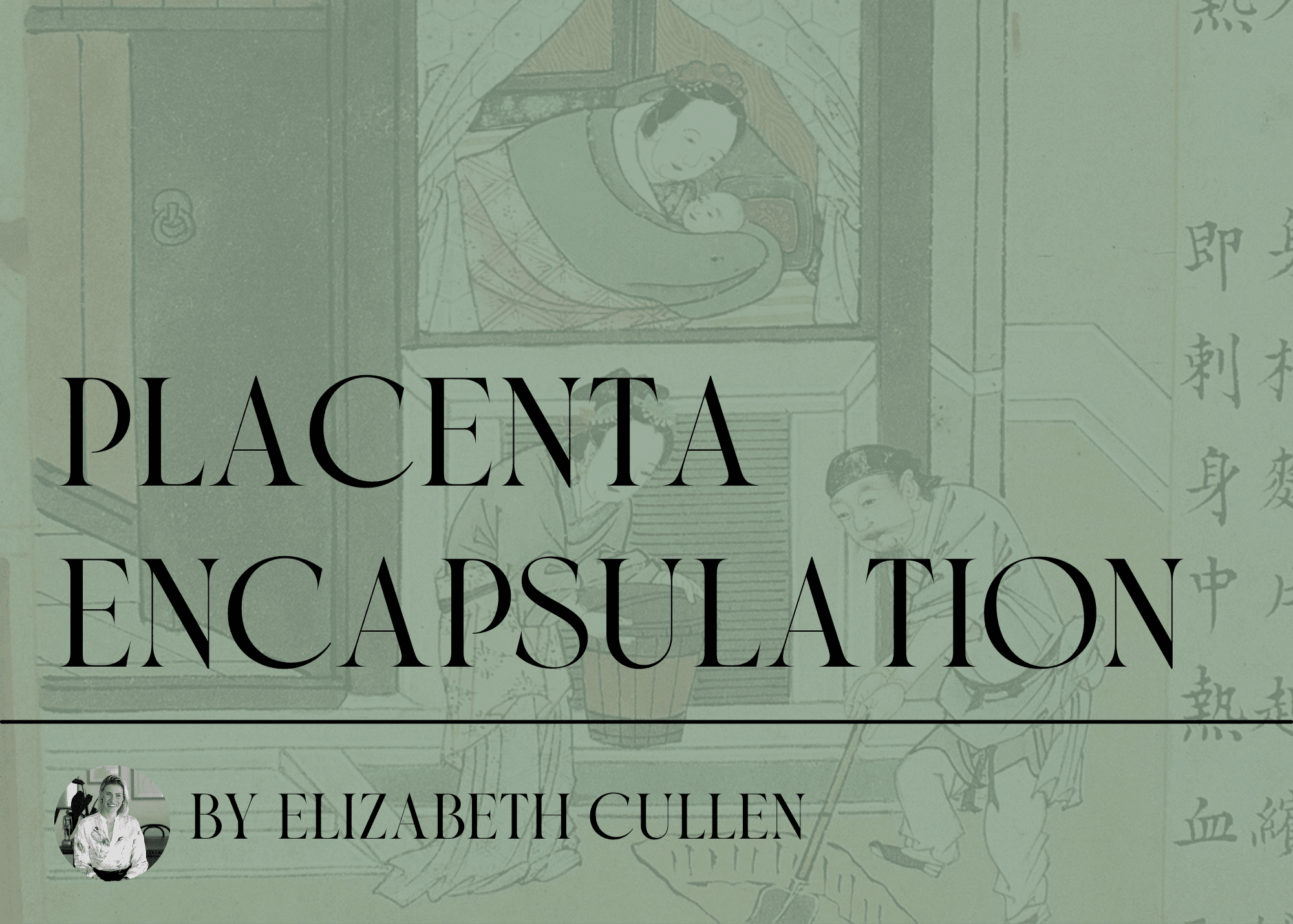The Dao Does… Why you should reconsider Placenta encapsulation ~
With the rapidly growing practice of Placentophagy around the world, many assume that placenta encapsulation is a healthy and traditional practice connected to Traditional Chinese Medicine as an ancient practice for Postpartum recovery. Placentophagy is the practice of mammals eating the placenta of their young after childbirth.
Let’s delve into the history ~
What do the classical texts tell us?
It is important to start the conversation that Placenta Encapsulation is in fact not a Traditional Chinese Medicine practice for Postpartum recovery and there are no classical Chinese Source or Gynaecology texts that recommends women eating their own placenta or any animal placenta for treatment in Postpartum recovery.
Sabine Wilms, researcher, and classical medicine translator states that there are no historical texts that encourage the consumption of the Placenta as a standard treatment for Postpartum recovery or as a medicinal substance.
Adverse Health Effects ~
The health claims made from placenta encapsulators include supporting an increase in milk production and a preventative treatment for postpartum depression. Neither claims are based on valid current research and do not make physiological sense due to the inhibitory effect Progesterone has on Prolactin.
Research indicates that there is actually a negative effect of Placenta Capsulation on milk supply, further research is needed and this practice should not be recommended or encouraged for new mothers ( Farr, A. et al. (2018) ).
Sarah Hollister, Lactation Consultant delves deeper into the research:
Rather than consuming the Placenta, through education and awareness, we can provide other options for mother’s to be for Postpartum support and alternative ways to recognise the significance of the Placenta.
Postpartum support ~
In Traditional Chinese Medicine the classics speak about the importance of Zuo Yue Zi also known as ‘sitting the month’. The history of the first forty days in the Chinese historical texts offers thousands of medicinal formulas, treatments, and advice for Postpartum recovery that have been used for thousands of years by educated physicians. In the West, we offer Traditional Chinese Medicine support through the use of Acupuncture, Mother Warming with Moxibustion therapy, and Chinese herbal medicine to support the mother in their Postpartum recovery with no need for Placenta Encapsulation.
Other practices with the Placenta ~
Ceremonial burials of the Placenta are a practice to consider to honour a woman’s journey into motherhood and recognise the life-giving properties of the placenta. Placenta burials celebrate the completion of pregnancy and birth and by burying the placenta offers nourishment to the earth.
Ceremonial burial of the placenta has traditionally held spiritual meaning for cultures around the world. In China, there is a number of literary and artistic sources which reflect the importance in the Traditional history of China of properly disposing of the placenta after birth. This consisted of detailed instructions for burying the placenta in the ground in carefully chosen locations. It was thought that when the placenta was disposed of improperly, there could be a potential grave effect on the future fate of the mother and child. The connection between the placenta and the child during that baby’s time in the mother’s womb is a theme of great importance in early Chinese medico–religious literature, which can be seen clearly reflected in the below image from Buyi Lei Gong’s guide to the preparation of Drugs ( 1591 edition ) burying the placenta.
To learn more about Placenta Burial rituals see the link below by Sarah Hollister click here.
To find out more about how to optimise your postpartum recovery, please chat with your TCM practitioner during your labour preparation appointments, alternatively head over to our website.
References:
Farr, A. et al. (2018) “Human placentophagy: A Review,” American Journal of Obstetrics and Gynecology, 218(4). Available at: https://doi.org/10.1016/j.ajog.2017.08.016.
~
By Elizabeth Cullen

